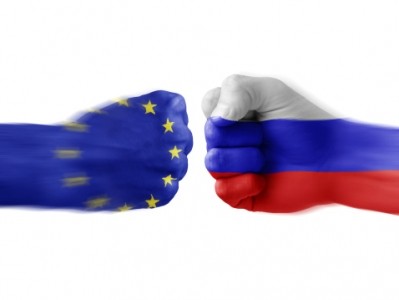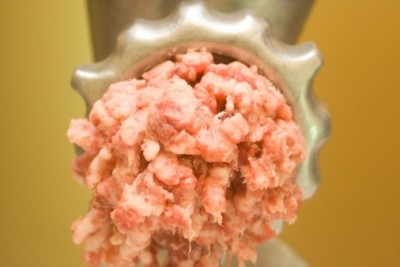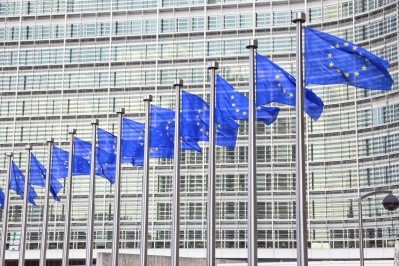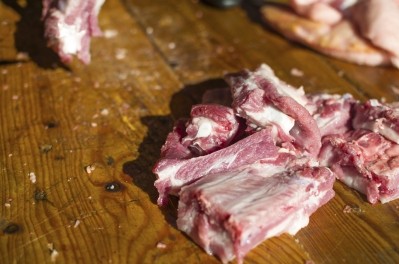Russian import ban extension slammed
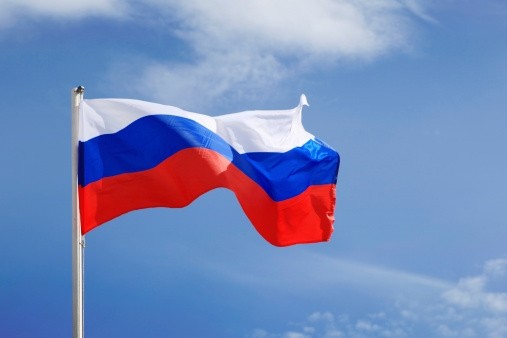
“Overall I can say we are very disappointed,” EU farm body Copa-Cogeca spokesperson Amanda Cheesley told GlobalMeatNews. “Russia banned our exports two years ago [August 2014], which meant EU farmers and agricultural cooperatives lost their main export market overnight worth €5.5bn (£4.2bn).”
Copa’s secretary general Pekka Pesonen emphasised their position yesterday (June 1). “The ban hit our sector badly, seeing prices plummeting. They have still not recovered. The fact that it has been rolled over will mean the situation will continue.” Pesonen said the sectors most hit by the ban have been pork and beef, along with dairy, fruit and vegetables. “Pork prices are less than they were 11 years ago,” he explained.
To mitigate the ban’s impact, Copa-Cogeca said the EC had to step up efforts to reopen the Russian market, find new markets and also boost meat promotion measures. “In addition, we urge member states to ensure that aid from the €500m (£386m) package agreed last September is paid out, as nearly 50% of it has not yet reached farmers,” said Pesonen. Secretary general of European Livestock and Meat Trades Union (UECBV) Jean-Luc Mériaux told GlobalMeatNews the possible extension to the embargo “is bad news for the EU meat sector because it means an extension of economic difficulties”.
SPS solution needed
Like Pesonen, Mériaux said losing the main outlet for EU exports had a very negative impact on pork prices, and that this year, beef prices paid to EU farmers were also falling. “The situation for pork is more complex,” he stressed because of additional Russian sanitary and phytosanitary (SPS) barriers blocking imports linked to outbreaks of African swine fever in the Baltic states and Poland. He hoped an agreement on this problem would be reached (there is an ongoing World Trade Organisation dispute case): “If a technical solution to SPS is found, it would alleviate the pressure on the EU pork market thanks to a partial resumption of exports to Russia, as not all pork products fall within the scope of the embargo,” Mériaux pointed out.
Meanwhile, CLITRAVI, the EU meat processing industry association, told GlobalMeatNews it was “no surprise that Russia is extending its ban as the EU position on Ukraine has not changed.”
The ban was imposed as a countermeasure to sanctions imposed by EU governments in protest at Russia’s annexation of the Crimea from Ukraine.
Announcing the planned extension on May 27 in Moscow, Russian agriculture minister Alexander Tkachev said this would be “welcome news” for Russia’s food sector, adding that his ministry did not however plan to increase the number of products covered by the ban in the draft decree.
